About Maxim Gorky Theatre
The neoclassical façade of the Maxim Gorky Theatre stands out with its grand columns and triangular pediment. Built in 1827, the building exudes elegance and symmetry, a hallmark of its architect, Karl Friedrich Schinkel. The soft cream-colored exterior contrasts with the vibrant cultural life it houses, making it a striking landmark in Berlin’s Mitte district.
Originally constructed as a concert hall, the building has undergone several transformations. It became a theater in 1952, named after the Russian writer Maxim Gorky, reflecting East Germany’s cultural ties to the Soviet Union. Today, it serves as a hub for contemporary and experimental theater, blending its historical roots with modern artistic expression.
Center Stage of Berlin’s Theater Scene
The Maxim Gorky Theatre is renowned for its bold and innovative productions. Its repertoire often includes plays that tackle social issues, identity, and migration, resonating with Berlin’s diverse population. The intimate auditorium, with its warm wooden interiors and excellent acoustics, creates a close connection between performers and the audience, enhancing the emotional impact of each performance.
Plan your perfect trip to Berlin with Travo! Download now and start exploring.
Architectural Details
The building’s neoclassical design reflects Schinkel’s vision of harmony and proportion. The six Ionic columns supporting the pediment give the structure a sense of grandeur, while the intricate carvings on the pediment depict muses of the arts, symbolizing the building’s cultural purpose. Inside, the theater retains elements of its historical charm, with ornate moldings and a carefully restored ceiling fresco.
Living Culture
As one of Berlin’s most progressive theaters, the Maxim Gorky Theatre is a platform for underrepresented voices. Its productions often feature diverse casts and explore themes of inclusion and social justice. The theater also hosts festivals, workshops, and discussions, making it a vibrant space for cultural exchange and dialogue.
Stories in Performance
Each production at the Maxim Gorky Theatre tells a story that reflects contemporary society. From adaptations of classic works to original plays, the performances challenge traditional narratives and encourage audiences to think critically. The theater’s commitment to storytelling as a means of understanding and change is evident in every detail, from the scripts to the staging.
Present-Day Significance
In modern Berlin, the Maxim Gorky Theatre stands as a symbol of artistic freedom and innovation. It bridges the city’s historical past with its dynamic present, offering a space where tradition meets experimentation. For locals and visitors alike, the theater is not just a place to watch performances but a venue to engage with ideas and perspectives that shape our world today.
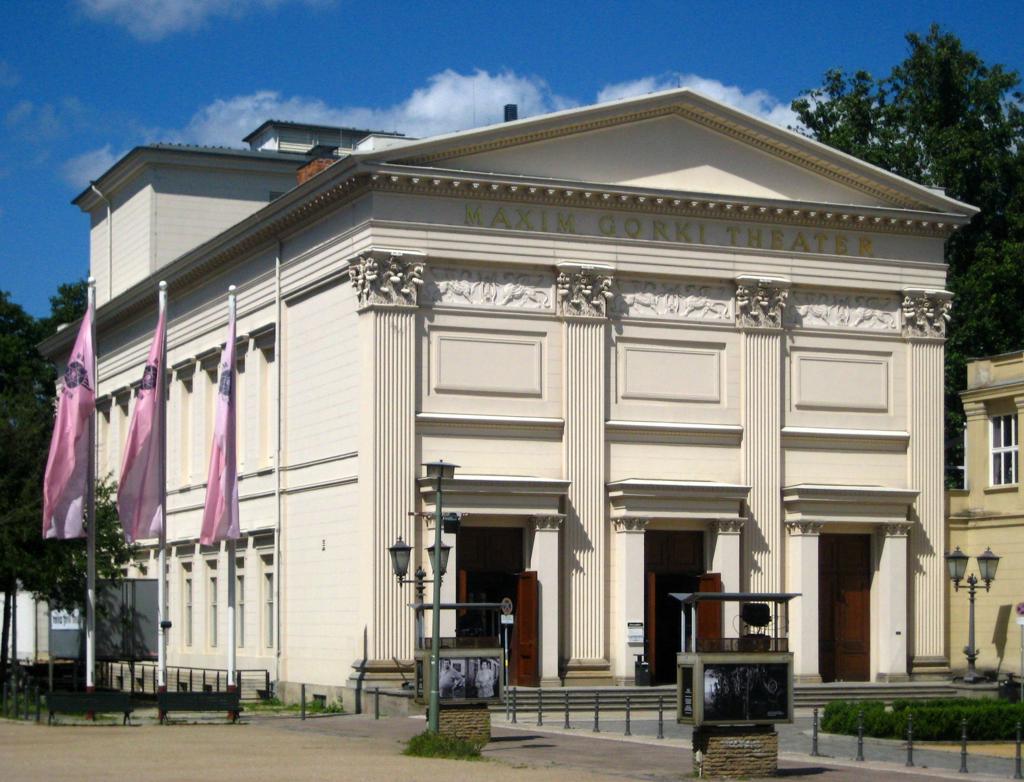
Map loading...
Location
2 Am Festungsgraben, 10117, Berlin
More Information
Nearby Places

Theater im palais
61m away
1 Am Festungsgraben, 10117, Berlin
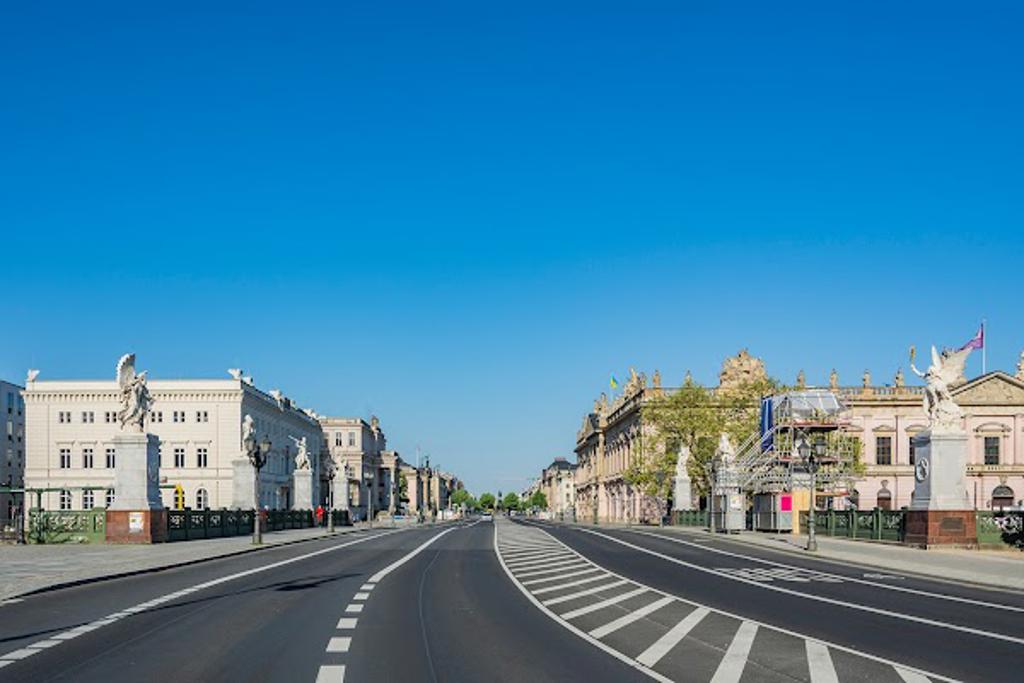
Mutter mit totem Sohn
123m away
4 Unter den Linden, 10117, Berlin
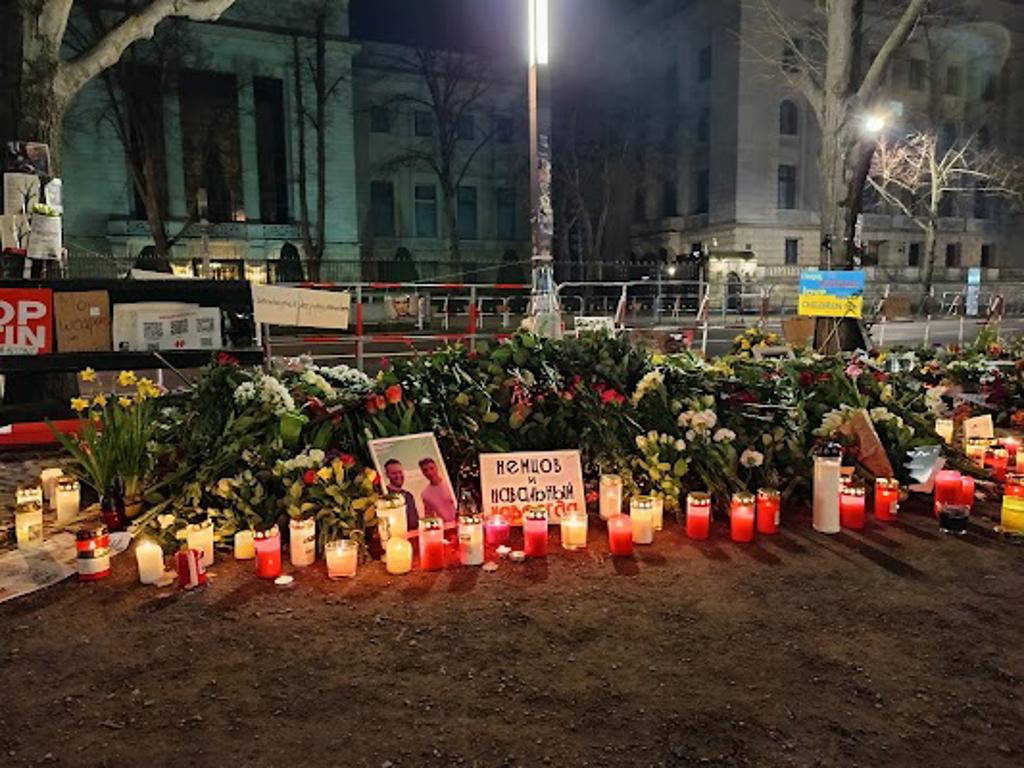
Zentrale Gedenkstätte für die Opfer von Krieg und Gewaltherrschaft
129m away
4 Unter den Linden, 10117, Berlin
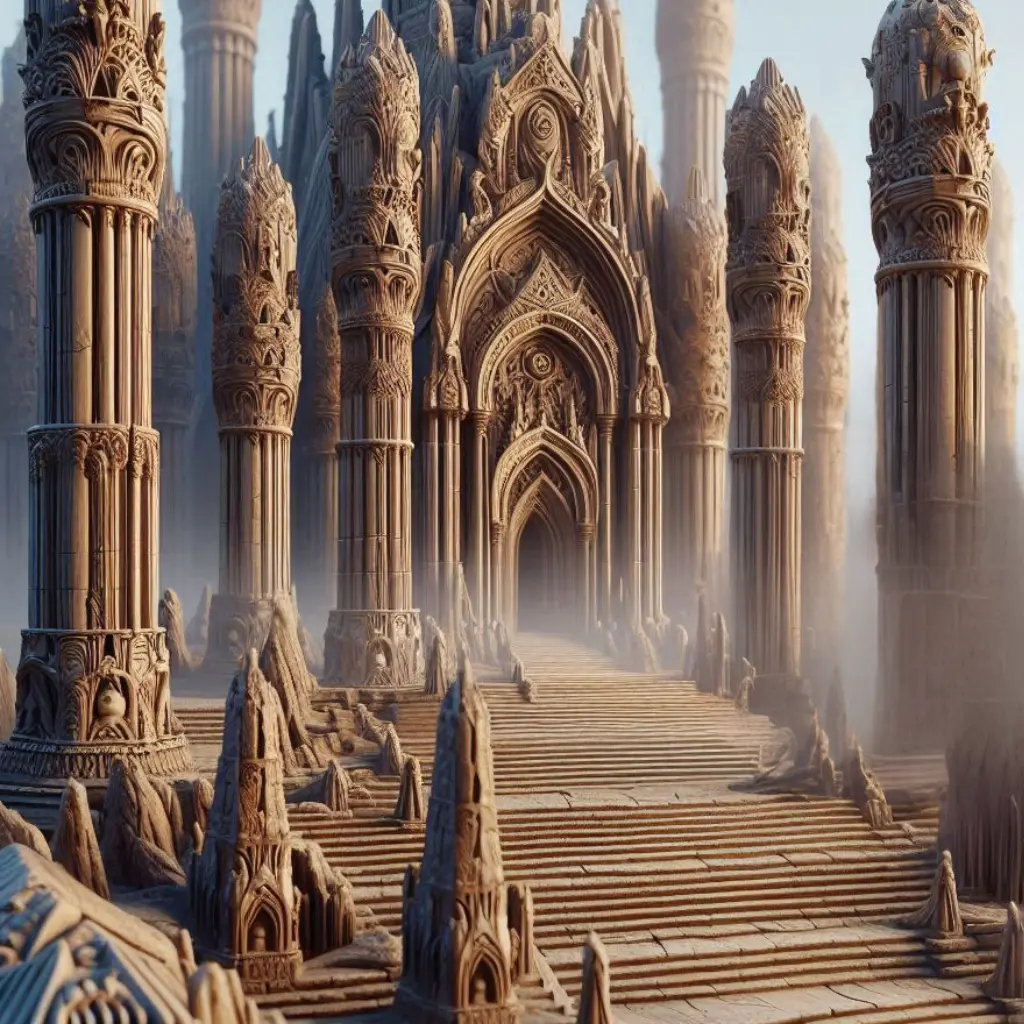
Neue Wache
138m away
4 Unter den Linden, 10117, Berlin
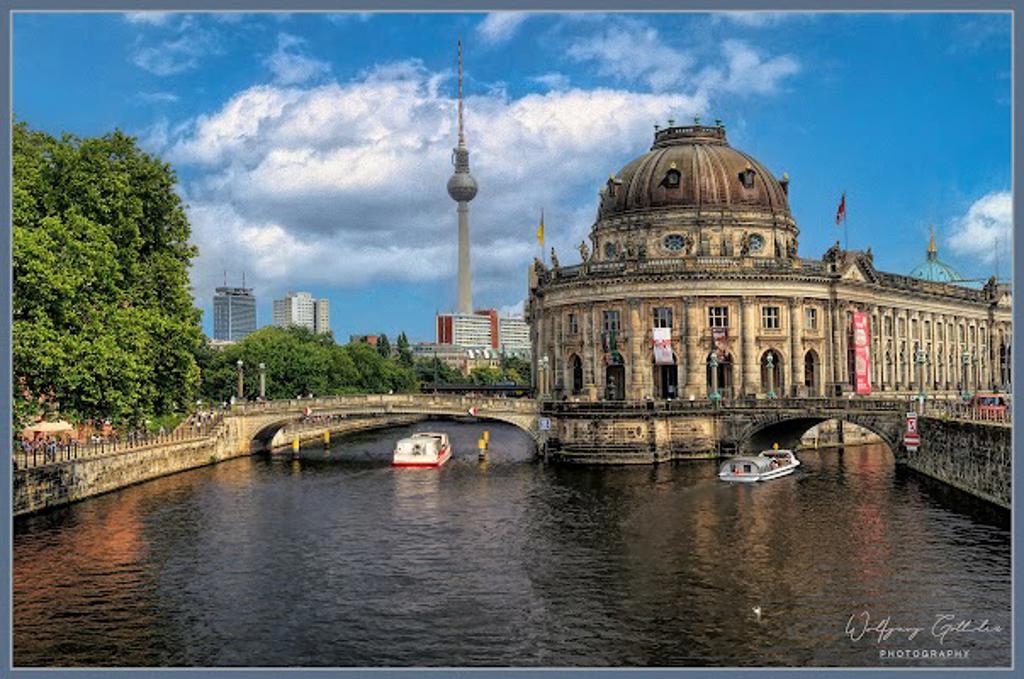
Museumsinsel
217m away
Schloßplatz, 10178, Berlin
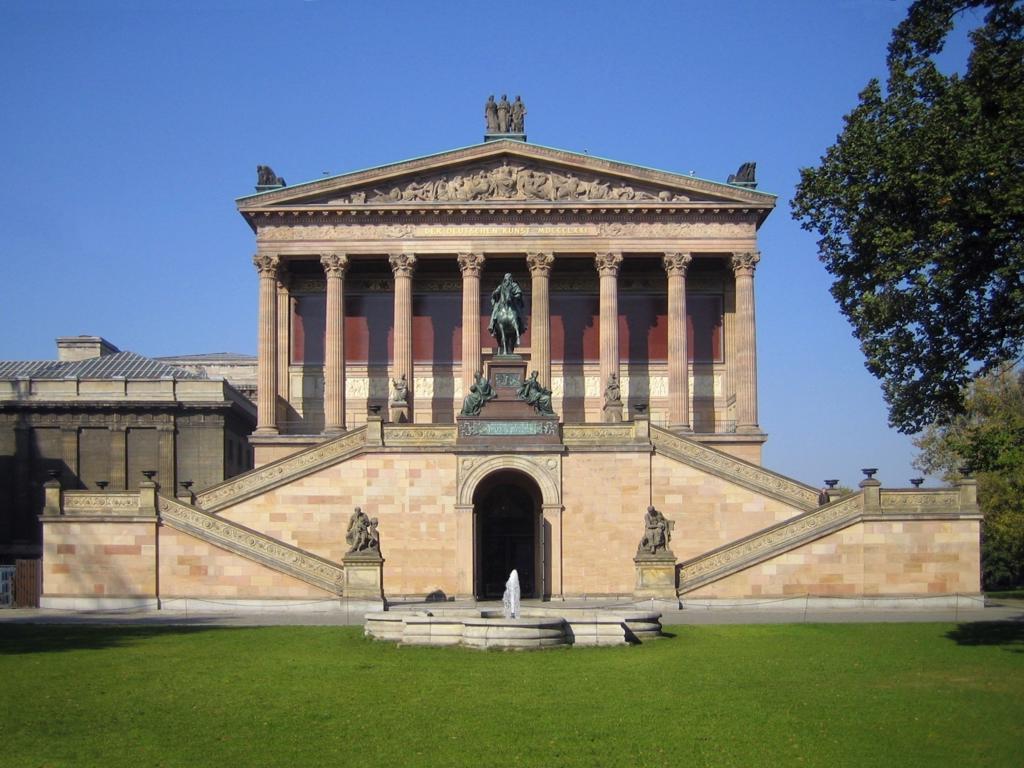
Alte Nationalgalerie
298m away
1-3 Bodestraße, 10178, Berlin
